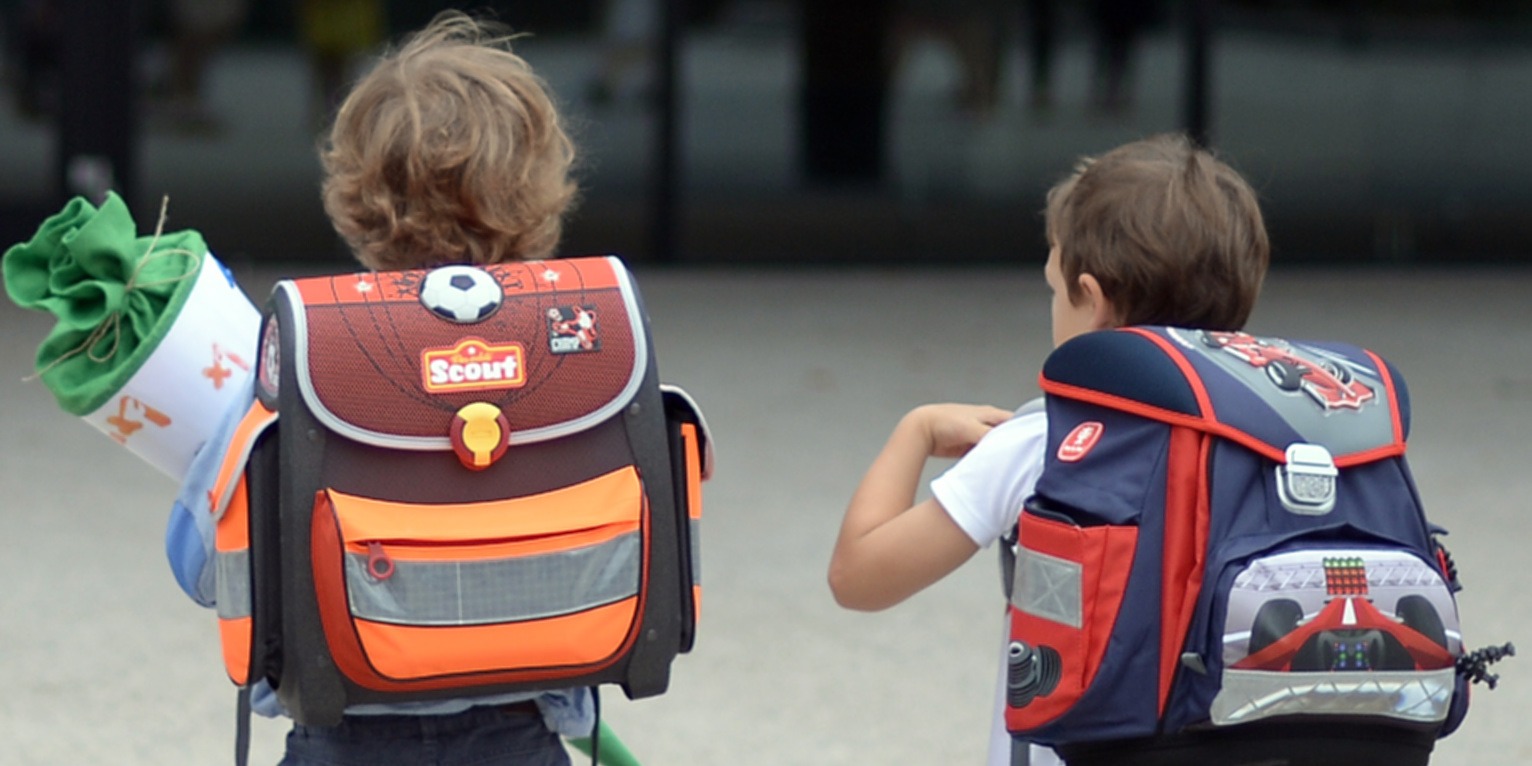Parents of students are asking themselves many questions as they approach the return to class, scheduled for May 11. It will be done in stages, on a voluntary basis and giving priority to the most disadvantaged students, said Emmanuel Macron on Thursday. But how do cities anticipate this new deal? In Marseille, the second largest city in France, the town hall welcomed the announcement by the head of state.
>> LIVE - Follow the evolution of the situation on Friday, April 24
"Advance step by step"
With 75,000 children to manage in 470 schools, in classes that must be organized for 15 students, disinfect, equip with soap, not counting the masks and the screening tests promised to municipal staff, the return to school benches in the city of Marseille looks like a real puzzle. But the arbitrations at the Elysée Palace have shed some light. "Restarting in stages and volunteering will allow us to move forward step by step", welcomes Europe 1 Yves Moraine, mayor of LR sector and leader of the municipal majority. "We can bet that a good part of the parents will not send their children to school, which will allow a smooth restart and get organized little by little."
CORONAVIRUS ESSENTIALS
> Can France hope for a more favorable scenario than Italy?
> Are women and people with blood type O more resistant?
> Are certain serious forms linked to a genetic factor?
> How will the distribution of masks take place in France?
> Back to school on May 11: under what conditions?
> How to keep sleep during confinement?
Strong disparities from one arrondissement to another
If the town hall relies on the Academy to provide it with an idea of the number of children to receive, many families who will return to work will have no choice. This risks creating very different situations from one neighborhood to another.
"Marseille is a black spot, this is where the implementation of health measures will be the most complicated. But they do not expect that there will be no one. In some districts, the schools may be full and in other voids, "points Séverine Gil, president of the Bouches-du-Rhône parents' movement. According to the associations, it is in lower-income neighborhoods that there is the risk of having the fewest children in class, with the difficulty of allowing dropouts to catch up.

